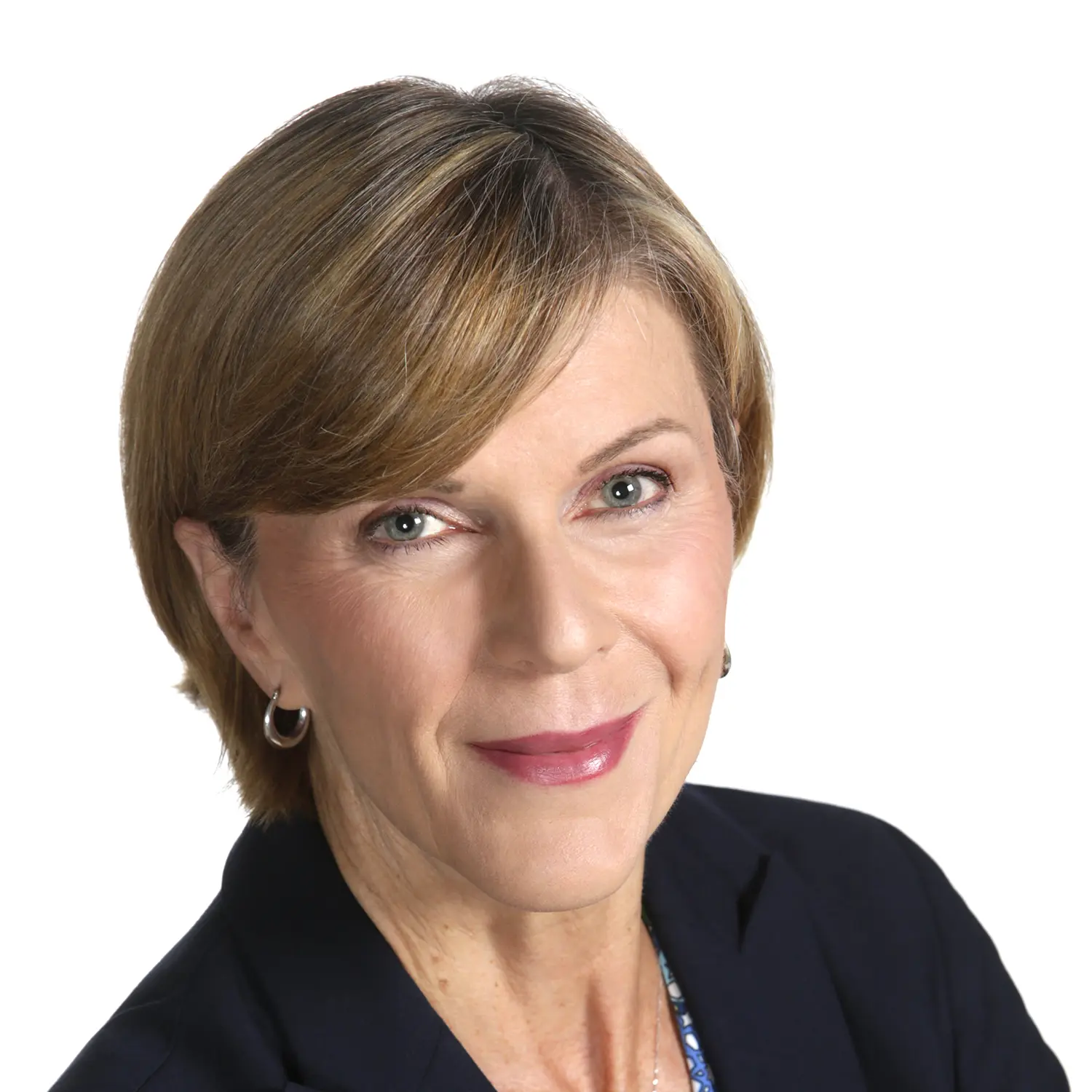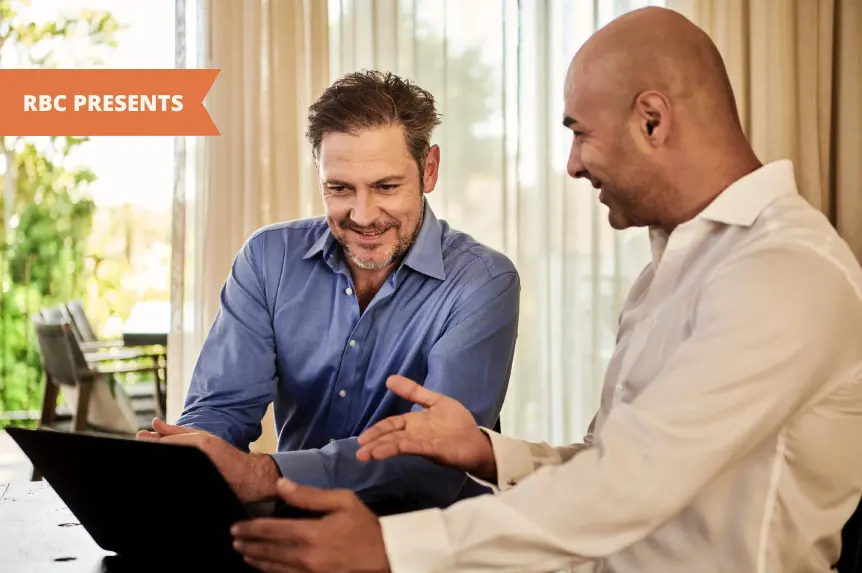Corporate Executor FAQ: All about naming a professional trust company as executor

What is an executor?
An executor is the family member, friend, or professional trust company you appoint to wind-up your affairs, administer your estate, and ensure that the instructions you leave in your Will are carried out.
What is the executor responsible for?
The executor of a Will has many responsibilities. Here are some of the main ones.
Determine all of the deceased's assets and debts
Notify banks, utility companies, insurers, and other institutions where the deceased had accounts
Ensure that funeral arrangements are made
Deal with Canada Revenue Agency to ensure the deceased final tax return is filed and taxes are paid (and file future tax returns for the estate)
Distribute assets to the beneficiaries according to the Will
Manage any assets or investments that are to be held for young children
Probate the Will (if necessary)
Who should I name as my executor?
You can either name a person (like a family member or a friend) to be your executor or you can choose a professional trust company to fill this important role.
If you would like to appoint a person as your executor, it is important to choose someone you believe can handle the responsibility and who is capable of carrying out administrative tasks over a long period of time. This person should be trustworthy and organized. For many people, this could be their spouse/partner, an adult child, another relative, or a close friend.
There are professional trust companies in Canada that can also take on the role of executor in someone's Will. For individuals who do not have a person they wish to name as executor, or don't want to burden their loved ones with the responsibility, appointing a professional trust company could be a good option.
Are executors entitled to compensation?
Unless the Will states otherwise, the executor of an estate is entitled to claim compensation for carrying out their duties. This applies whether the executor is a person or a professional trust company.
If the amount of compensation is not set out specifically in the Will, the executor's compensation is determined by a set of guidelines that vary from province-to-province.
If you name a person to be your executor, the Will you create through Epilogue will not contain any specific clauses regarding that person's compensation. Individual executors will be able to claim compensation based on the province's guidelines, if they choose to do so.
Where a professional trust company is named as executor, the fees are usually set out in a fee agreement that is signed by the Will-maker prior to signing the Will. This way the amount of fees is agreed to ahead of time. Similar to compensation claimed by a person, the fees charged by a professional trust company are based on the value of the assets in the estate.
When should someone appoint a professional trust company?
Appointing a professional trust company may be a good idea if someone:
Wants to ease the burden on their friends and family
Prefers to have a professional handle everything
Does not have friends or family to act as executor
Anticipates that naming a family member could cause conflict
Why do professional trust companies charge fees for this service?
Being an executor is not an easy job. It can take about 18 months to settle even a simple estate, and the executor has to complete as many as 70 different tasks and duties.
When a person is appointed as executor, that person is generally entitled to claim compensation for acting in this role. Similarly, a professional trust company will be entitled to claim compensation for acting as executor.
How much will a professional trust company charge?
The fees vary depending on the value of the assets in the estate on the date of death and are calculated as a percentage of the value of the estate. These fees are set out in a fee agreement, which is referred to directly in the Will.
When does the professional trust company get paid?
There are no fees payable at the time you make your Will or at any time before you pass away.
Fees are only charged after the Will-maker passes away, and the professional trust company starts acting as the executor. The fees are payable directly out of the estate's funds.
What happens if I choose a professional trust company and then I change my mind?
You can always change your mind about who you want to be your executor. There is no penalty for doing so, and no requirement to pay any fees (now or in the future), if the professional trust company is no longer named as executor in your Will at the time you pass away. To make a change like this, you would simply need to create a new Will which revokes the old Will and appoints a different executor.










